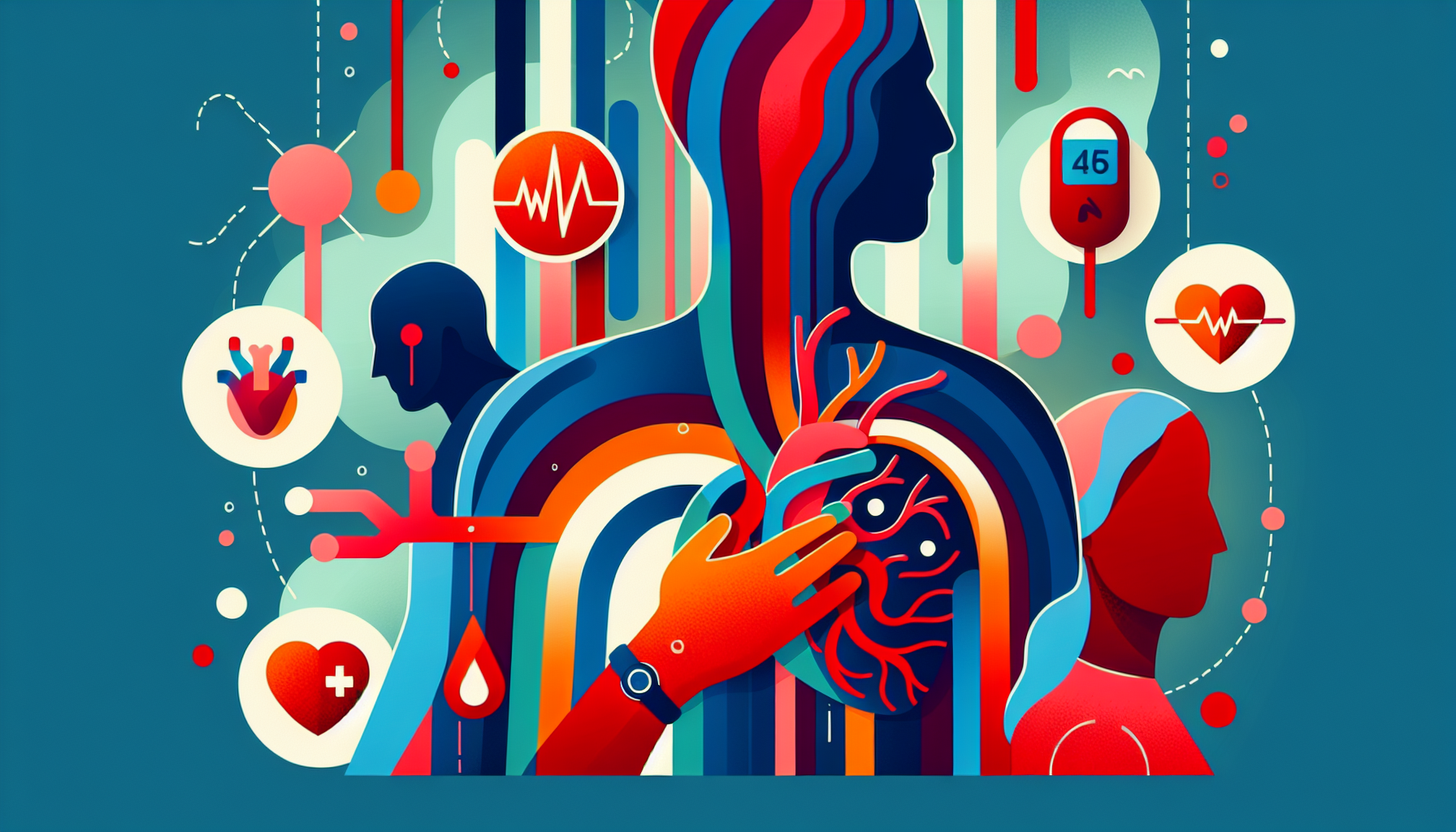Bradycardia is a condition where your heart beats slower than normal, usually less than 60 beats per minute. While it may not always cause problems, it's essential to understand the causes, symptoms, and treatment options for bradycardia to maintain a healthy heart.
What Causes Bradycardia?
Several factors can contribute to the development of bradycardia, including:
Electrolyte imbalances, particularly in calcium, magnesium, and potassium
Eating disorders, such as anorexia nervosa
Inflammation in the heart or surrounding tissues
Infections, like strep throat or Lyme disease
Certain medications, such as beta-blockers or calcium channel blockers
Heart surgery or radiation therapy
Some athletes develop Bradycardia
Additionally, factors that increase your risk of heart problems, such as age, high blood pressure, smoking, and excessive alcohol use, can also contribute to the development of bradycardia.
Symptoms of Bradycardia
Some people with bradycardia may not experience any symptoms, especially those with a high level of fitness. However, when symptoms do occur, they may include:
Chest pain (angina)
Fatigue
Heart palpitations
Shortness of breath
Memory problems or confusion
Dizziness, lightheadedness, or fainting
Personality changes, such as crankiness or agitation
If you experience any of these symptoms, especially chest pain, shortness of breath, or fainting, seek medical attention immediately.
Diagnosing Bradycardia
To diagnose bradycardia, your doctor will likely perform a physical exam and order tests, such as:
Electrocardiogram (EKG) to measure your heart's electrical activity
Holter monitor or event recorder to track your heart's rhythm over an extended period
Tilt table test to observe your heart's response to position changes
Stress exercise test to monitor your heart during physical activity
Sleep study to check for obstructive sleep apnea
Blood tests to detect electrolyte imbalances, thyroid hormone levels, or signs of heart damage
Treating Bradycardia
Treatment for bradycardia depends on the underlying cause and the presence of symptoms. If you don't have symptoms, you may not need treatment. However, if you do have symptoms, your doctor may recommend:
Adjusting medications that may be causing your slow heart rate
Prescribing medications to speed up your heart rate, such as atropine
Using a temporary or permanent pacemaker to regulate your heart's rhythm
In some cases, treating the underlying condition, such as hypothyroidism, can resolve bradycardia.
Preventing Bradycardia and Maintaining a Healthy Heart
The best way to prevent bradycardia is to protect yourself from heart disease. Some tips for maintaining a healthy heart include:
Attending regular checkups with your doctor
Taking medications as prescribed
Engaging in regular exercise
Following a balanced diet low in fat, salt, and sugar
Maintaining a healthy weight
Managing blood pressure and cholesterol levels
Avoiding smoking and excessive alcohol consumption
If you have heart disease, it's crucial to follow your doctor's treatment plan and report any new or changing symptoms promptly.
Conclusion
Bradycardia is a condition characterized by a slow heart rate, which may or may not cause symptoms. By understanding the causes, symptoms, diagnosis, and treatment options for bradycardia, you can take steps to maintain a healthy heart and prevent complications. If you experience any concerning symptoms, such as chest pain or fainting, seek medical attention immediately. With proper care and prevention, you can effectively manage bradycardia and protect your heart health.
For more information on bradycardia and heart health, visit:



